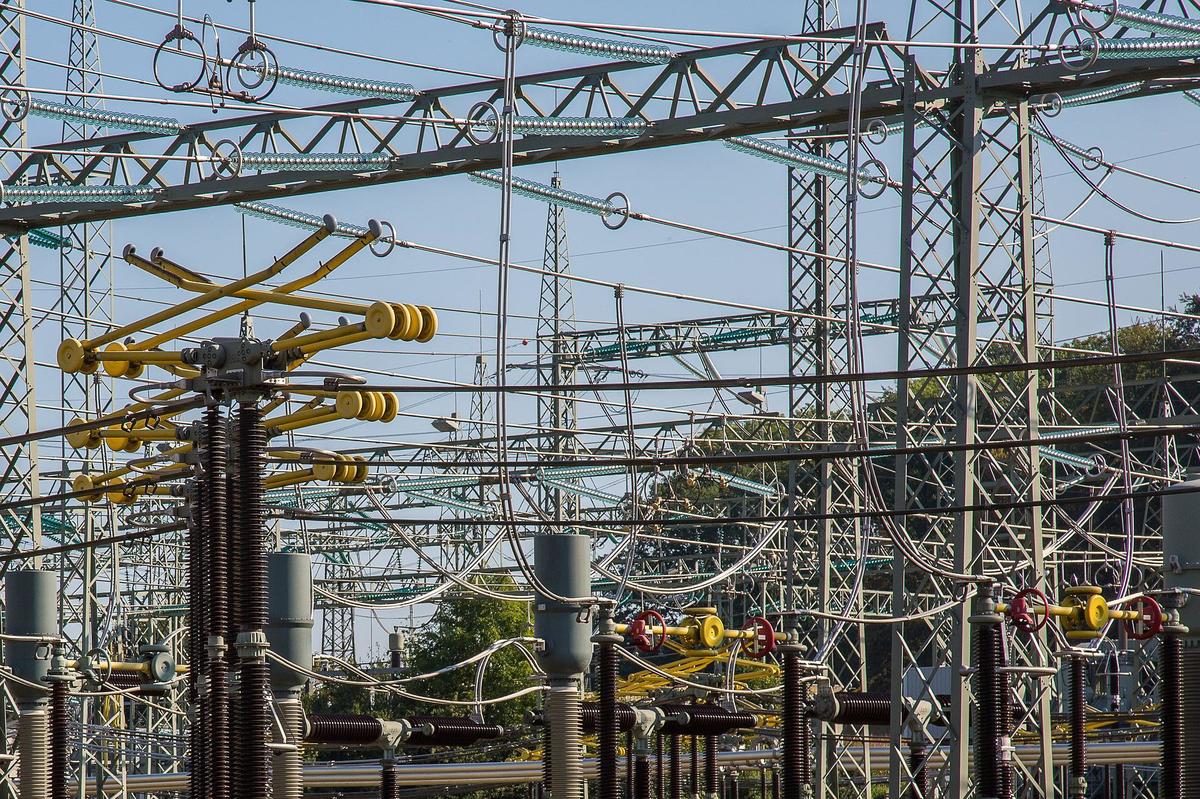The Union Budget plays an essential role in shaping a country’s economic landscape, and India’s 2024 Budget has attracted much scrutiny, particularly regarding power and renewable energy sectors. Given India’s commitment to sustainable development and energy security, understanding how Budget 2024 could affect these industries is of vital importance.
Hartek Group has long been at the forefront of sustainable energy solutions innovation and excellence. It stands ready to support the ambitious vision outlined by Budget 2024 through its wide-ranging services in engineering, renewables, technology, construction, fuel production and manufacturing.
This in-depth analysis examines various aspects of 2024 Budget as well as their effects on India’s power and renewable energy industries – particularly how companies like Hartek Group may be best placed to contribute. Let’s talk about the power sector budget.
Overview of Budget 2024 for Energy Sector
The Power Sector Budget 2024 reflects the government’s dedication to sustainable development and energy. Focusing on renewable sources and improving power sector efficiency, it features measures designed to stimulate growth and innovation within these key areas.
Schemes for Power Sector in India
PM Surya Ghar Yojana: Finance Minister Nirmala Sitharaman introduced the PM Surya Ghar Yojana with a cost outlay of Rs 75,021 crore during her interim budget speech last month. The scheme seeks to power 10 million households while creating 30 GW of solar capacity while offsetting 720 million tonnes of CO2. After unveiling Tuesday’s Union Budget 2024-25, Nirmala Sitharaman revealed it has seen remarkable success: over 1.28 crore registrations since its debut!
Pradhan Mantri Suryoday Yojana: Rooftop solar energy has quickly become one of the nation’s go-to energy solutions, prompting the Government of India to announce the Pradhan Mantri Suryoday Yojana scheme and provide households with power through installations on rooftop solar installations, while providing extra money in exchange for any excess electricity production.
Key Allocations & Initiatives of Budget for Renewable Energy Sector
The budget has set aside an allocation of Rs 35,000 crore for capital investments that accelerate energy transition and help reach net zero goals, further showing their dedication towards renewables. This outlay shows just how seriously the government prioritizes renewables.
Inter-State Transmission System: Ladakh has set aside Rs 20,700 crore to establish an inter-state transmission system to facilitate the evacuation and integration of 13GW of renewable energy from Ladakh onto the grid, both for its own benefit and to strengthen grid stability and reliability. This investment will not only boost renewable energy generation in Ladakh but also enhance grid reliability.
Battery Energy Storage Systems (BESS): The budget has provided funding support to BESS with an installed capacity of 4,000MWh through Viability Gap Funding, making this move essential to address intermittency challenges associated with renewable sources while improving grid flexibility.
Green Energy and Energy Transition: An allocation of Rs 19,700 crore was recently made to spur the development of renewables, green energy, biomass, and other forms of energy transition initiatives. This funding will catalyse investments in research and development, technology adoption, and infrastructure creation.
Nuclear Energy: India has seen the start of an exciting era in nuclear energy, with the budget’s inclusion of private sector participation in developing new technologies and building small modular reactors. This strategic decision will diversify their energy mix, increase security, and meet their clean energy goals.
Indigenous Technology: The development of indigenous technology for Advanced Ultra Super Critical (AUSC) thermal power plants with much higher efficiency has been completed. A joint venture between NTPC and BHEL will set up an 800 MW commercial plant using this technology, supported by government funds. Furthermore, creating indigenous capacity to produce high-grade steel and other advanced metallurgy materials required will have significant spin-off benefits, resulting in more robust spin-off benefits in terms of the production of advanced materials required by these plants.
Pumped Storage: Realizing the importance of pumped storage technology to grid stability and renewable energy integration, the government recently unveiled plans to create a policy framework encouraging investments into this crucial energy storage technology. The FM announced that a policy to support pump storage projects would be developed to provide round-the-clock energy access, noting NTPC and BHEL have announced plans to form a joint venture to establish 800MW super critical thermal power with higher efficiency.
Impact on India’s Power Sector
India’s Budget 2024 promises to have an enormously positive effect on its power sector by incentivizing renewable energy sources and encouraging efficiency measures that drive growth, attract investments, and radically transform India’s energy landscape.
Accelerated Renewable Energy Deployment: India’s growing focus on renewable energy, combined with favorable policies and financial incentives, will likely speed up the deployment of solar, wind, and other forms of renewable energy projects, making rapid progress toward reaching India’s goal of 500 GW of installed renewable capacity by 2030 more achievable.
Strengthened Grid Infrastructure: By investing in interstate transmission systems and supporting BESS, investment will strengthen grid stability and reliability while making integration of renewable energy generation easier.
Technology Advancement: With increased funding and emphasis on research and development, as well as private sector entry into nuclear energy, technology will advance rapidly within the power sector, leading to innovative solutions for energy production, storage, and distribution.
Job Creation and Economic Growth: Renewable energy projects and modernizing of the power sector should create numerous job opportunities in fields like solar power, wind power, grid infrastructure development, and grid expansion. The PM Surya Ghar Yojana is providing 17 lakh direct jobs across the solar value chain and thus contributing to economic growth and prosperity.
Environmental Benefits: By encouraging renewable energy adoption, Budget 2024 for the energy sector will contribute to mitigating climate change impacts and lowering green house gas emissions while leading to cleaner environments, further strengthening India’s commitment to sustainability.
Bottom Line
As India takes steps toward rapid renewable energy deployment, strengthened grid infrastructure, and technological advancement in the power sector, companies like Hartek Group will play an essential role in translating budget allocations and policies into concrete realities. By drawing upon their expertise in Engineering, Renewables, Technology, Construction Fuel Manufacturing Hartek Group stands poised to contribute significantly to job creation, economic growth and environmental benefits outlined in Budget 2024 – further cementing India’s commitment to clean energy solutions and sustainability.
Frequently Asked Questions
-
How does Budget 2024 support renewable energy?
The budget allocates Rs 35,000 crore for energy transition, Rs 19,700 crore for green energy, and funds for battery storage and grid infrastructure.
-
What is the PM Surya Ghar Yojana, and how does it help?
This scheme aims to install solar power in 10 million homes, create 30 GW capacity, and generate 17 lakh jobs while reducing carbon emissions.
-
How does Budget 2024 promote energy storage?
It supports Battery Energy Storage Systems (BESS) with 4,000MWh capacity through Viability Gap Funding, ensuring grid stability and renewable energy integration.
-
What role does nuclear energy play in India’s budget plans?
The budget allows private sector participation in nuclear energy, promoting advanced technologies like small modular reactors for clean energy solutions.
-
How will Budget 2024 impact job creation in the renewable sector?
Investments in solar, wind, and grid infrastructure will generate employment in manufacturing, installation, and maintenance, boosting India’s green economy.








